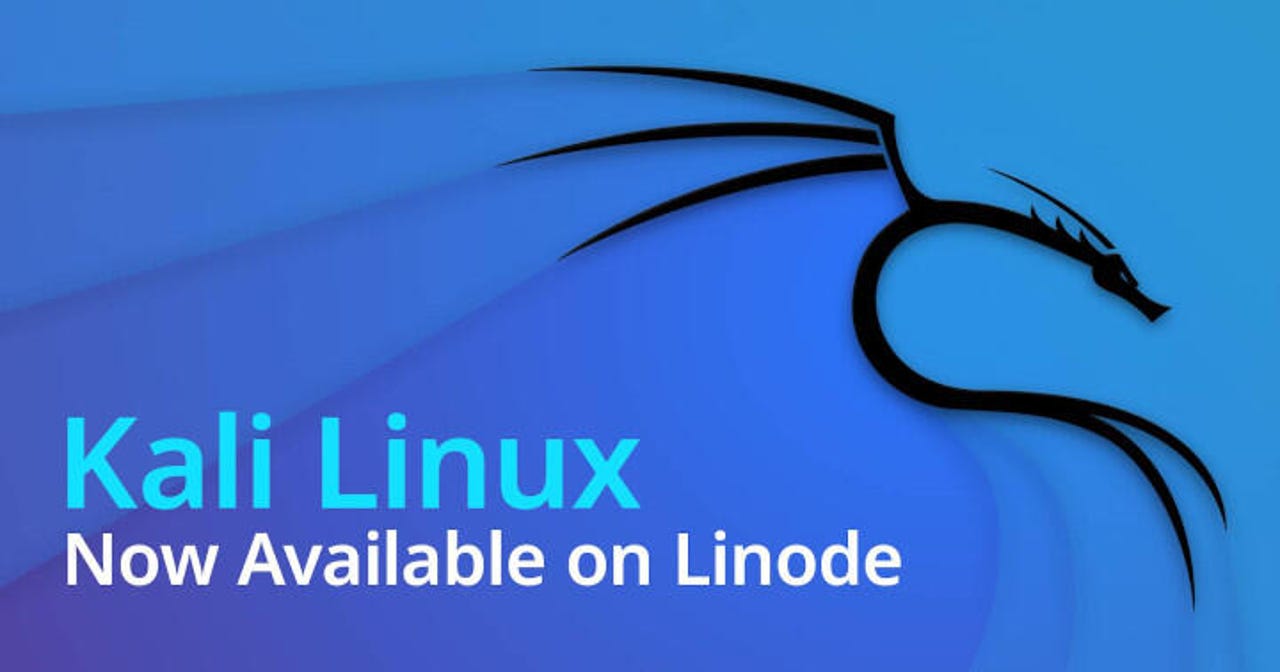Akamai Linode now offers Kali Linux instances


Kali Linux is a Linux distribution designed for penetration testing or -- yes -- hacking. This Debian-based Linux is a security worker's favorite distribution. And, now Linode, which recently became part of Akamai, is offering Kali as a supported distribution.
ZDNET recommends
With Kali on Akamai, you can test and secure your production systems. Akamai Linode Cloud is the first alternative cloud provider to partner with Kali Linux. That means, as Linode Senior Product Marketing Manager Hillary Wilmoth put it, you get "testing opportunities and configurations supported by Kali Linux as a standard distribution deployed on any compute instance or a Marketplace app that includes the Kali user interface and a full suite of tools."
For example, while you can add open-source penetration testing tools to any Linux distro, you must then also set up and configure these tools by hand. Kali comes with these tools already optimized and ready to run.
But what if you have specific security tool needs? No problem. Thanks to Kali Linux Metapackages and its well-documented ISO customization process, you can generate an optimized version of Kali for your particular needs.
Thanks to its use of the lightweight XFCE desktop, you can also easily run a graphical desktop from your Linode cloud instance. That's much harder to do with such resource-hungry Linux desktop interfaces as GNOME or KDE Plasma.
Linode is working with Kali on further documentation on how to best use their combination of cloud and Linux.
Kali Linux is now available as both a distribution and Marketplace app from Linode. How you want to deploy depends on you. Linode enables you to use Kali as a regular lightweight Linux distro with a shell interface. But, if you want the full Kali desktop and suite of security tools, you should deploy it via the Marketplace app. This incorporates Virtual Network Computing (VNC) as part of the installation. This creates a remote desktop for the Kali XFCE desktop.
To run Kali, Linode strongly recommends a minimum 4GB plan. A 4GB Dedicated Linode cloud instance costs $30 US per month ($0.045/hr) and will provide good performance. The company also offers a 4GB Shared Plan for $20 per month ($0.03/hr). You can, of course, get more powerful instances, but you usually won't need one for Kali. These compute plans are available in all 11 of the company's global data centers, with the same pricing no matter which region you choose.
See also